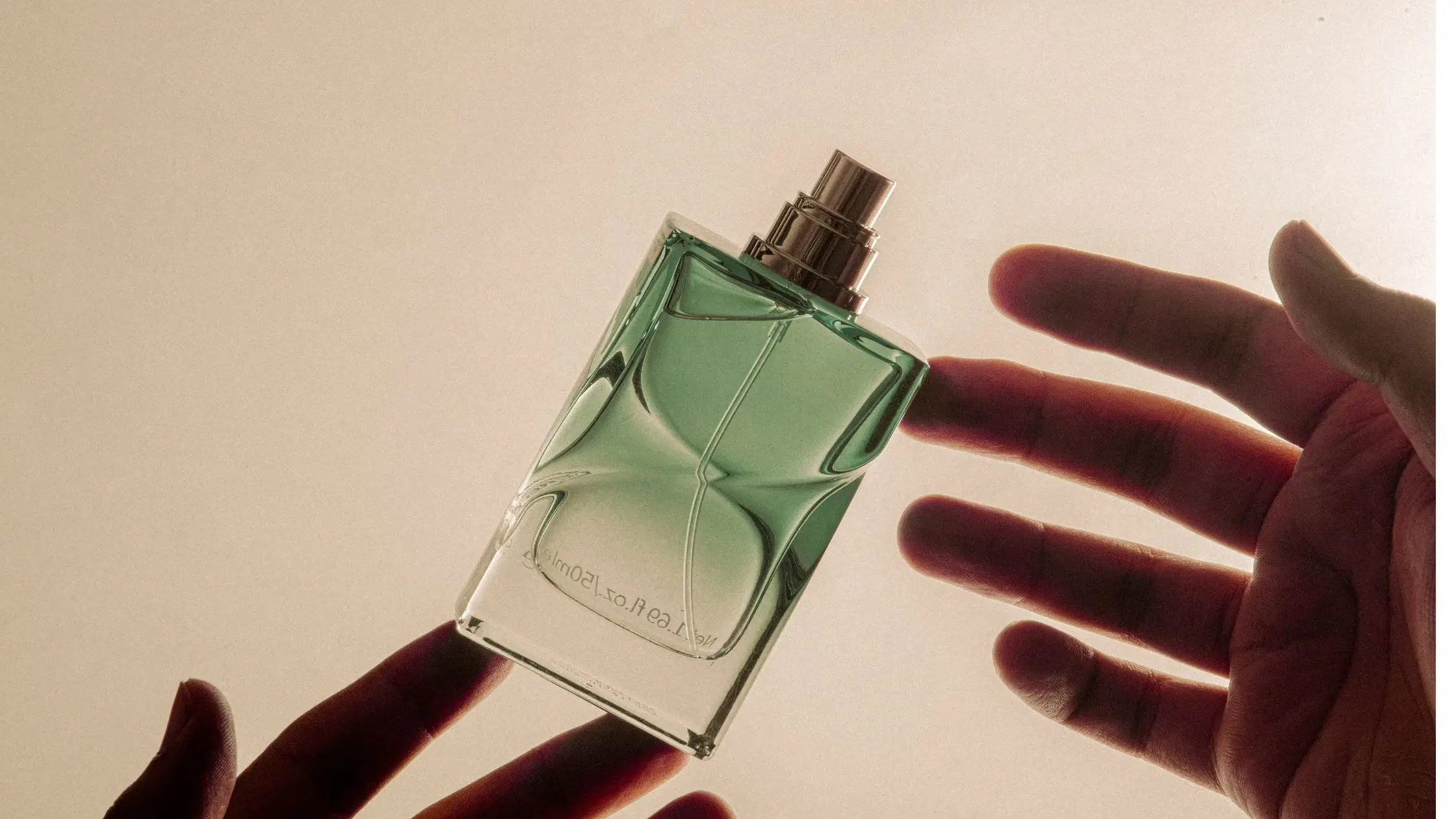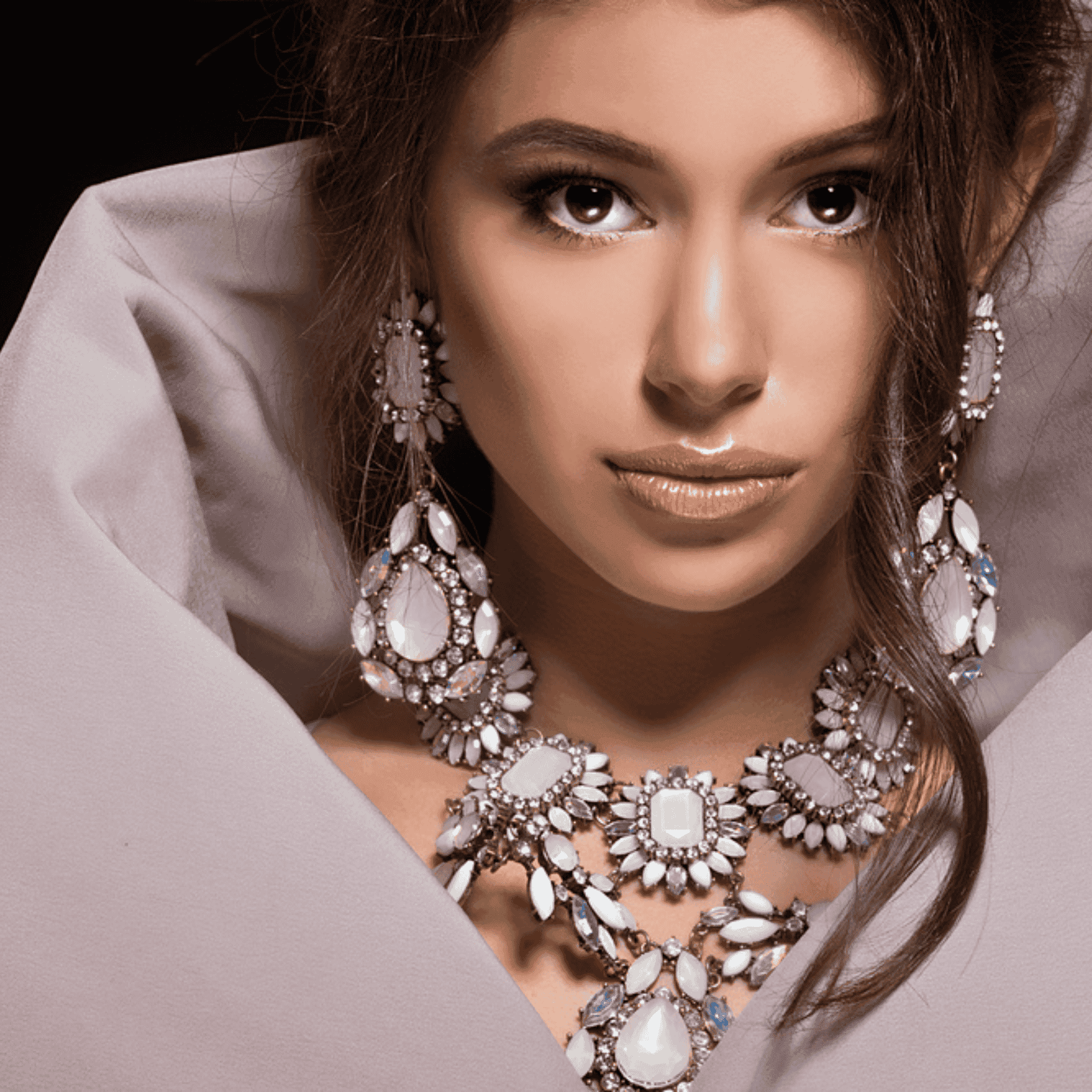
Luxury Edit
•06 min read
-8704a161-e35d-4932-b982-017add6889b1.png&w=3840&q=75)
Scent is one of the most powerful sensory triggers, capable of evoking memories and stirring emotions like no other sense. In luxury experiences, understanding scent psychology can create moments that leave a lasting impression. This guide will help you uncover the secrets behind this science, exploring how high-end fragrance design and sensory marketing unite to form emotionally resonant experiences, while reflecting Tata Neu's values of sustainability and innovation in fragrance design.
Scent psychology examines the connection between smells and human behavior, focusing on how fragrances influence our emotions, memories, and decisions. The olfactory system is directly linked to the brain's limbic system, the area that governs both emotion and memory. Studies indicate that certain aromas can trigger nostalgia, relaxation, or excitement, helping us understand why specific luxury fragrances evoke such powerful emotional responses. This knowledge is key to creating personalized luxury experiences that resonate deeply.
Key insights include:
The limbic system ties scents directly to emotional responses, making them a subtle yet potent tool for leaving a mark.
Studies indicate that particular aromas can create feelings that shape our memories and overall mood.
Smell is uniquely connected to memory, sometimes more so than any other sense. This close relationship, often called "scent memory," explains why a whiff of a beloved fragrance can transport you to another time and place. Whether it is the freshness of a floral note reminding you of a special day or the deep richness of woody aromas evoking thoughts of luxury ambience, the emotional response to scents is both powerful and distinctive.
Examples of scent-triggered memories include the aroma of fresh roses that bring wedding memories to mind or the evocative scent of leather that may remind one of exquisite craftsmanship in high-end products. Such insights form the cornerstone of olfactory branding, allowing luxury brands to create signature scents that complement a curated fashion identity and resonate deeply with their audience.
Luxury is not just about visual and tactile appeal—it’s about engaging emotions and crafting immersive experiences. Premium aroma appeal can transform environments, products, and brand identities. For instance, a subtle luxury fragrance in a boutique or a carefully crafted signature scent in a hotel lobby can elevate the entire experience by creating an atmosphere that feels sophisticated and welcoming. When a brand taps into the true power of scent psychology, it aligns emotional responses with its identity, making each interaction a memorable event that goes beyond visuals and touch.
Applications in luxury include the use of signature scents in exclusive spaces and the practice of olfactory branding, which leverages aromas to evoke a sense of exclusivity and warmth. With sensory marketing, these scents help in crafting spaces that speak directly to a customer's desire for sophistication and indulgence.
The power of scent in luxury branding lies in its ability to stimulate an emotional response that words or visuals alone cannot achieve. High-end fragrance design is a deliberate process: each note in a signature scent is chosen for its ability to invoke warmth, excitement, or serenity. For example, a fresh citrus aroma can energize a space, while musky or woody tones create a deep sense of opulence and comfort. When brands understand scent psychology, they harness the potential to foster emotional connections that drive brand loyalty and elevate customer experiences.
Did You Know? Luxury brands that incorporate signature scents in their environments often witness increased customer satisfaction and brand recall. The careful curation of a premium aroma appeal creates a unique and memorable interaction between the consumer and the brand.

Designing a signature scent is an art that involves melding fragrance notes to mirror a brand’s identity and values. This delicate balance of perfume psychology and sensory marketing plays a crucial role in creating a luxury scent experience. When developing a high-end fragrance, it is important to consider the emotional goals—be it relaxation, excitement, or exclusivity. Selection of the right aromas, such as floral notes for elegance or amber for sophistication, can transform an ordinary space or product into an immersive narrative.
Key considerations for crafting these scents include:
Identifying the emotional triggers that align with the brand’s personality.
Selecting fragrance notes that evoke desired feelings like calm, energy, or luxury.
Ensuring the scent complements other sensory elements in the experience.
Olfactory branding leverages carefully designed scents to reinforce a brand’s unique identity. In luxury branding, choosing a signature scent is not merely a decorative element—it is a strategic move that touches the emotions of the audience and builds lasting brand loyalty. The deliberate combination of notes to create a memorable aroma helps brands stand out in a sophisticated market, ensuring that every interaction leaves a profound and positive impact. The subtle interplay of scents and consumer memories creates a narrative that promotes both trust and admiration, aligning with Tata Neu's broader vision of fashion identity.
Sensory marketing employs multiple senses to create an immersive experience, with scent often playing a vital role in this strategy. The right fragrance can amplify the perception of luxury, moving beyond a visual appeal to create an atmosphere that envelops the audience. Whether used in upscale dining scenarios or within the welcoming spaces of a luxury auto showroom, the thoughtful use of aromas can transform an environment into an experience that is both evocative and memorable.
Examples where high-end fragrance design enhances the ambiance include the use of subtle vanilla notes in dessert presentations and the infusion of leather and cedar in luxury spaces. Such practices not only enhance a sensory experience but also leverage the emotional response to scents, a core aspect of perfume psychology, to drive customer engagement.
Certain scents naturally appeal to a wide range of individuals because of their inherent ability to evoke positive emotions. Scents like vanilla and lavender offer a sense of comfort and relaxation, while citrus and mint bring an energizing feel, making them ideal for dynamic luxury environments. By understanding the principles of aroma influence, brands can customize their luxury scent experience to appeal to diverse tastes and preferences while supporting their identity through a curated collection of fragrances.
Effective implementation of scent psychology in luxury spaces involves a careful harmony of fragrance with other sensory elements such as visuals, textures, and sounds. Crafting such an environment begins with understanding the audience's emotional triggers followed by working closely with fragrance experts to develop bespoke scents. Testing and refining these aromas in real-life settings ensures that every aspect of the experience aligns with the intended emotional response. This approach not only enhances the overall ambiance but also reinforces emotional connections between the consumer and the brand.

Steps include:
Analyzing the target audience’s preferences and identifying key triggers.
Collaborating with experts in luxury fragrances to create signature scents.
Continuously testing and adjusting the scent application within the space for optimal aroma influence.
Many luxury brands have embraced scent psychology to enrich their customer experiences. One example is a renowned hotel chain that uses a carefully crafted blend of jasmine and sandalwood to create an atmosphere of serenity and elegance. Another instance is a premium fragrance line that skillfully harnesses scent memory to evoke nostalgia and luxury simultaneously. These real-world examples underscore how integrating sensory marketing with perfume psychology can redefine a brand's appeal and foster deeper emotional bonds with its clientele.
Scent is closely linked to the brain's emotional and memory centers, which makes it a powerful tool for influencing mood and behavior.
Scent psychology explores how fragrances trigger emotional memory and affect behavior due to their direct connection with the limbic system.
The theory examines how specific aromas impact perception, evoke memories, and shape our feelings in ways that are integral to sensory marketing and luxury experiences.
Fragrance psychology studies how carefully designed scents can influence mood, attraction, and the overall emotional dynamic of a luxury brand.
Yes, really powerful scent memories can be recalled even in the absence of the aroma, demonstrating the deep connection between smell, memory, and emotion.
Scent psychology offers a transformative way to enhance luxury experiences by engaging emotions and forging lasting memories. With insights into perfume psychology and olfactory branding, luxury brands can craft signature scents that amplify their identity and create immersive, unforgettable environments. By harmonizing sensory elements and leveraging fragrance design, you unlock the potential to reshape customer engagement and indulge in a world of luxury aroma appeal.